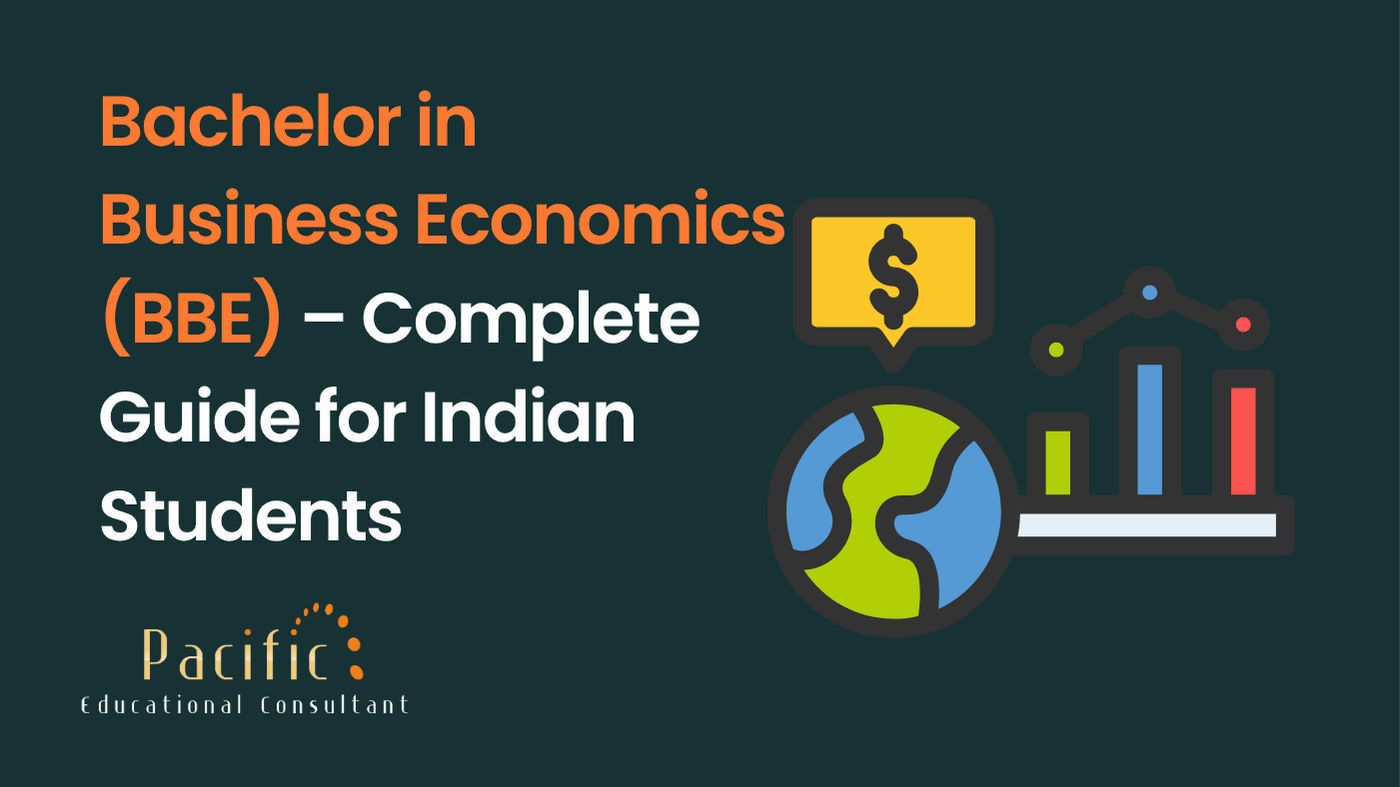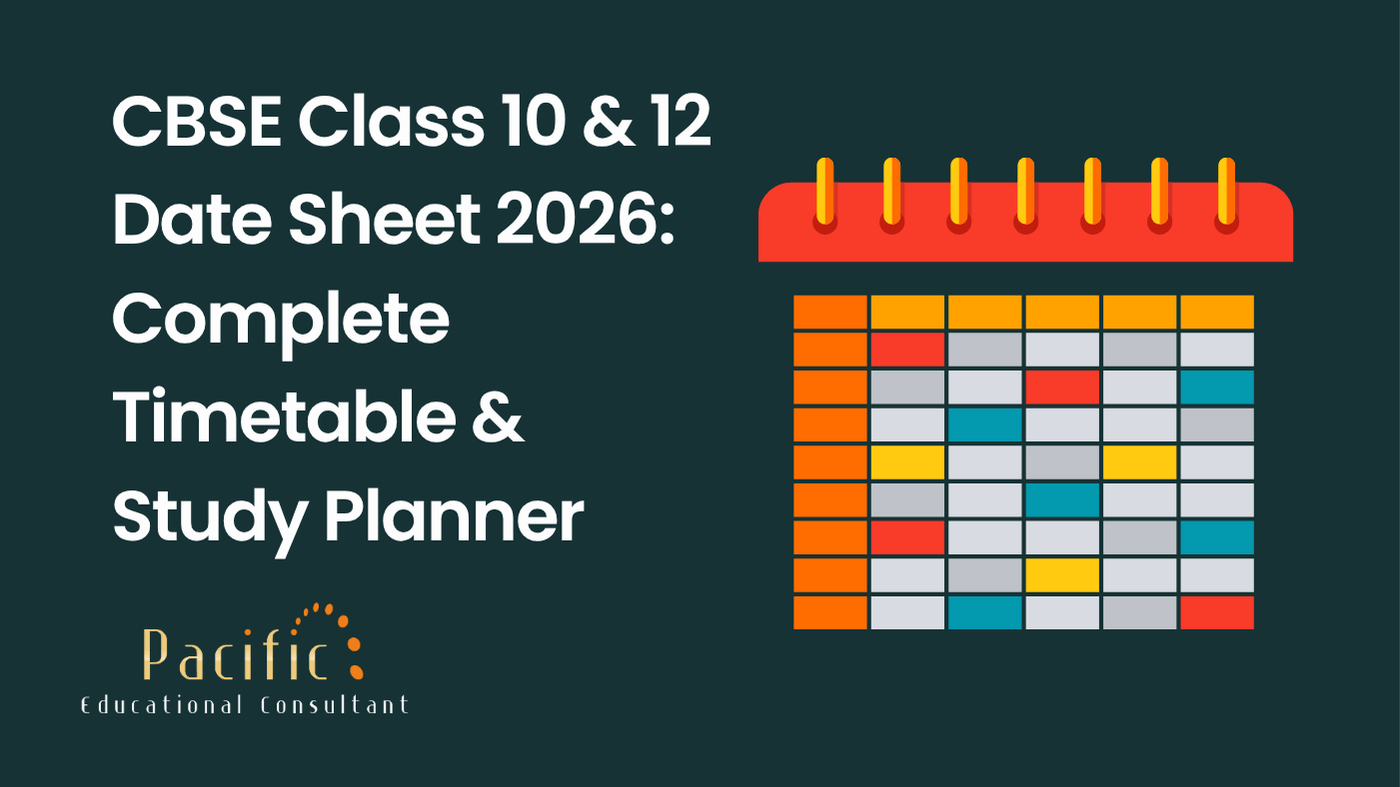


When considering higher education, the debate of diploma vs degree often arises. Which one is better? What are the key differences, and which should you choose for a successful career? This blog discusses the differences, advantages, career prospects, and employer preferences for diplomas and degrees.
The primary differences between a diploma and a degree revolve around duration, curriculum, depth of study, and career opportunities.
| Feature | Diploma | Degree |
| Duration | 6 months – 3 years | 3 – 5 years |
| Focus | Practical, job-specific training | In-depth theoretical & practical knowledge |
| Institution | Technical Institutes, Colleges | Universities, Colleges |
| Eligibility | Generally lower than a degree | Higher entry requirements |
| Cost | More affordable | Higher tuition fees |
| Job Readiness | Quick employment opportunities | Long-term career growth |
Diplomas are shorter, skill-based programs, whereas degrees provide a broader, more comprehensive education.
Both diplomas and degrees have unique advantages, depending on career goals.
✔️ Shorter duration – Ideal for quick employment
✔️ Cost-effective – Lower tuition fees
✔️ Skill-based learning – Focused on industry-specific knowledge
✔️ Flexibility – Easier to pursue alongside work
✔️ More career opportunities – Higher-paying and senior positions
✔️ In-depth learning – Covers multiple subjects and areas
✔️ Global recognition – Degrees are more widely accepted internationally
✔️ Higher earning potential – Graduates tend to earn more over time
The career prospects for diplomas and degrees differ based on industry and job requirements.
Diplomas are ideal for technical fields and vocational careers. Some options include:
Degrees open the door to managerial and specialized roles. Some career paths include:
Choosing between a diploma and a degree depends on your career goals, budget, and time availability.
Employers value both diplomas and degrees, depending on the job requirements.
Many employers now recognize skill-based learning, meaning that a diploma with relevant experience can be as valuable as a degree in some industries.
It depends on your career goals. A diploma is best for quick job entry, while a degree offers better long-term prospects.
Yes, a diploma is usually more affordable than a degree.
Yes, many industries hire diploma holders, especially in technical and vocational fields.
A degree is required for some careers (e.g., doctors, engineers). However, in other fields, experience and skills matter more.
Yes, many diploma courses offer a pathway to a degree.

New Zealand Student Visa Update: Work Limit Now 25 Hours/Week from 3 Nov 2025

Describe a family member who you want to work with in the future - IELTS Cue Card

Describe a noisy place you have been to - IELTS Cue Card

Describe a time you enjoyed a free day off work or school – IELTS Cue Card

Bachelor in Business Economics (BBE)

BE IT Full Form: Complete Guide to Eligibility, Syllabus, Fees, and Career Scope

Describe a water sport you would like to try in the future - IELTS Cue Card

Describe a plan that you had to change recently - IELTS Cue Card

CBSE Class 10 & 12 Date Sheet 2026: Complete Timetable & Study Planner

Describe a sport that you really like - IELTS Cue Card